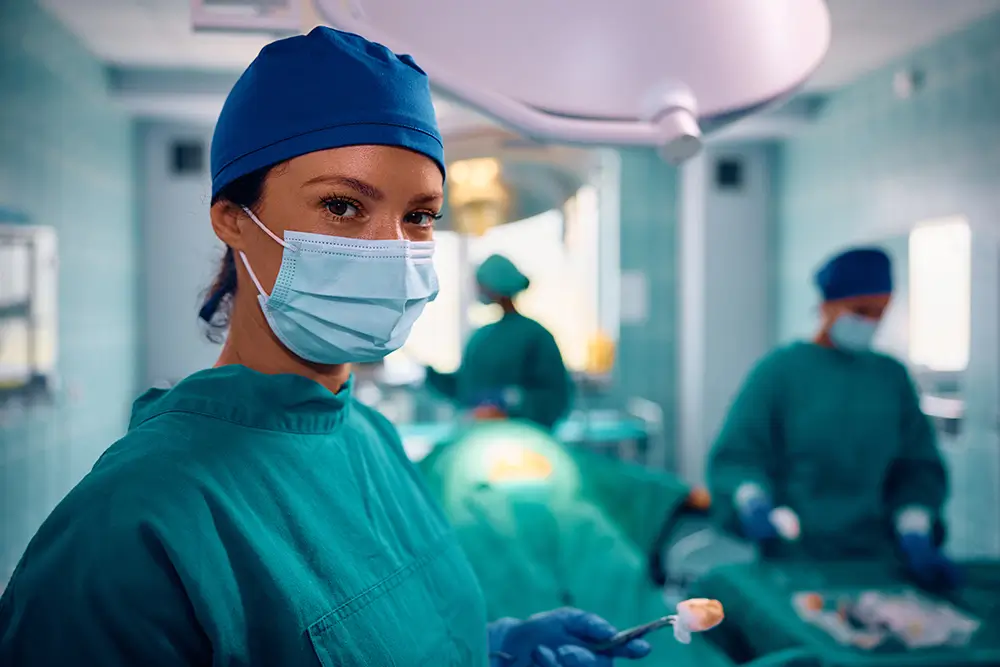Varicose vein surgery encompasses a range of minimally invasive procedures designed to address varicose veins and associated leg discomfort. These procedures target malfunctioning veins that have lost their ability to efficiently return blood to the heart.
Here are some common techniques used in varicose vein surgery:
Healing after surgery takes time and varies depending on the type and complexity of the procedure. It’s crucial to follow your doctor’s instructions carefully to ensure a smooth recovery and minimize the risk of complications. This might involve activity restrictions, specific exercises, and dietary adjustments.
In order to book an appointment with Dr. Syed Muhammad Azeem you can call (051) 846-3231 or click the Book Appointment button.

Dr. Syed Muhammad Azeem: Years of experience, prioritises your concerns, crafts personalised treatment plans for vascular health.
Schedule your appointment today for personalized service tailored to your needs and preferences. Contact us now!